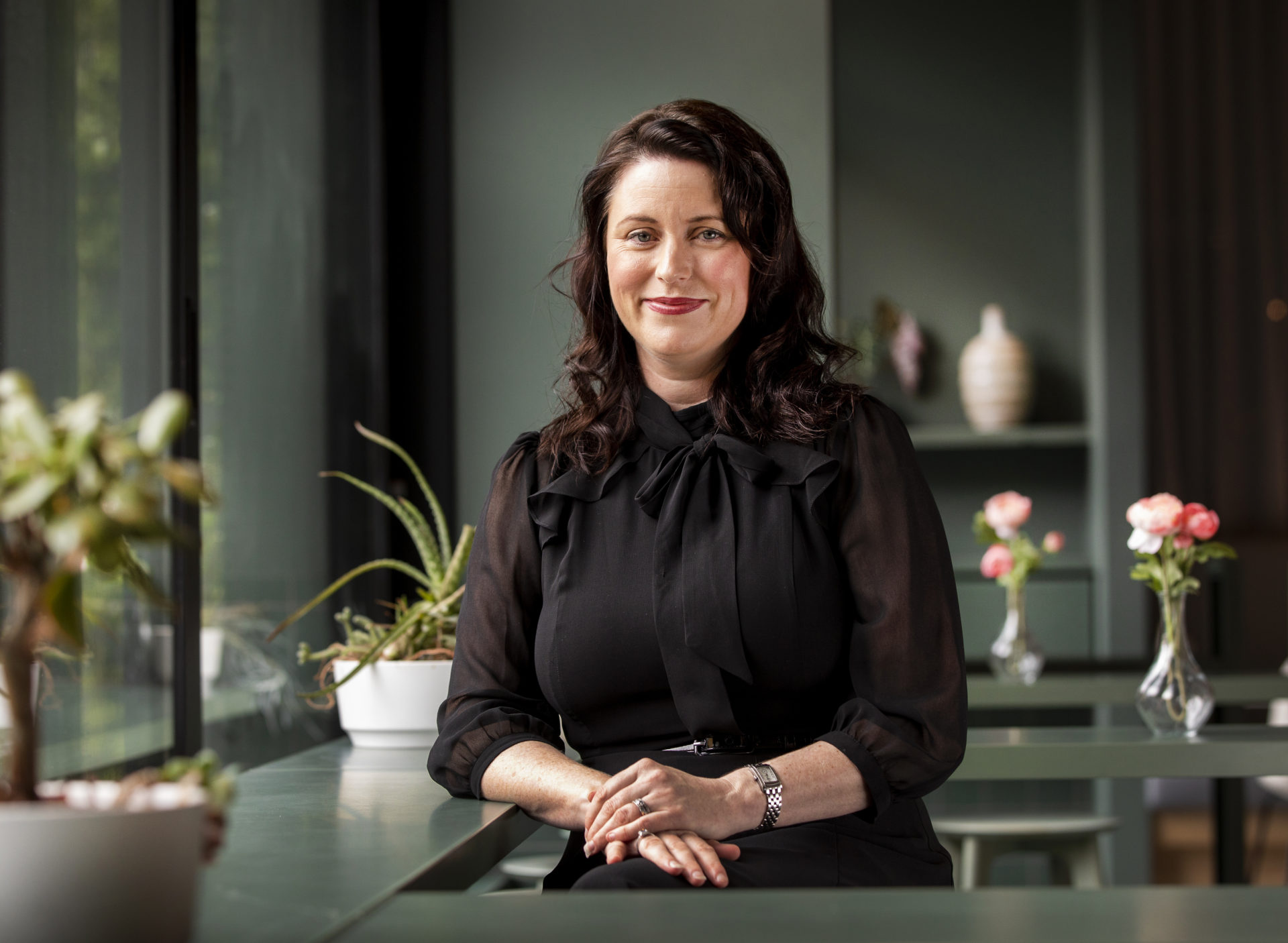It was only a few months ago that world number one Ashleigh Barty thrilled tennis fans by claiming the Australian Open women’s championship, so there were natural shockwaves here and abroad at the surprise announcement of her retirement in March.
‘Why is she doing this?’ ‘How can she give up tennis?’ ‘What will she do next?’
But Barty has been preparing for this moment for some time. You see, unlike some other professional sportspeople, to Barty, tennis is not who she is. Effectively using her mindset as a tool, she has been actively setting herself up for success in her life beyond tennis.
A key way Barty is doing this is by not defining her success in terms of tennis wins and titles, and not identifying herself as ‘a tennis player’. Had she done so, the ‘What now?’ question would be more troubling.
It’s easy to see the temptation Barty may have had during her playing career to think along the lines of “I win tournaments, I play tennis and therefore I am a professional tennis player”.
At Thrive Global, we call this the Have, Do, Be approach, where the focus on achievement drives one’s self-concept. The problem with this approach, of course, is what happens when you stop winning tournaments and playing professional tennis.
When Barty won Wimbledon last year, she told the press, “I was just extremely lucky that I was able to have the opportunity to learn how to play the game of tennis but I think being a good human being is absolutely my priority every single day”. This is a great example of the Be, Do, Have approach – it is the reverse of Have, Do, Be and is what we advocate for in our Thrive sessions.
It is no secret Barty has a mindset coach, Ben Crowe, who has worked with her for several years. We can clearly see the impact of this coaching on her sense of self, her ‘Be’.
In a Sydney Morning Herald interview last year, Crowe defined success as knowing that you’re worthy of chasing your goals and dreams, regardless of whether you achieve them. When Barty was asked about her Australian Open success at a post-final press conference, the effect of this mindset was clear. She said she was “still very much learning and trying to refine my craft and trying to learn every single day and get better and better”, expressing gratitude that she is “very lucky and very privileged”.
It is Barty’s strong sense of ‘Be’ – of who she is – that drives both her actions and their consequences. Also important is that her sense of self is within her control. When watching Barty in the Australian Open final against opponent Danielle Collins, we could clearly see in her behaviour after winning or losing each point that she didn’t ‘identify’ with each win or loss. This became even more obvious in comparison to her opponent, whom we saw clearly celebrating her wins and visibly disappointed by her losses.
When we focus our mindset firstly on our ‘Be’, this becomes our compass. It drives what we ‘Do’ – the actions we take that are driven by fundamental aspects of the type of person we want to be. Our ‘Have’ represents the outcomes of these actions.
While Barty clearly has a strong sense of who she is, the public needs to catch up. In her retirement speech, she said, “Now I think it’s important to enjoy the next phase of my life as ‘Ash Barty the person’, not ‘Ash Barty the athlete’”. That lesson is for us to embrace.

Carly Moulang
Associate Professor, Monash University and Facilitator, Thrive Global Asia Pacific
Carly is an Associate Professor in Accounting at Monash University with 20 years experience in Higher Education. She holds a Ph.D. in management accounting and a Graduate Diploma in Psychology from Monash University. She is a CPA Australia member and a Chartered Accountant (CA ANZ). Carly's research agenda incorporates psychological research within the accounting and finance disciplines. Her multi-disciplinary research has included topics such as whistleblowing, creativity, performance management, environmental management, accounting, wellbeing and psychological capital, superannuation research and decision-making.
Carly's research has been widely disseminated via television, documentaries, podcasts, radio interviews and news articles. Her work broadly contributes towards achieving better retirement, performance and mental-health outcomes for women.
Unlock your people’s potential today
Enter your details to stay up to date with the latest news events and program updates.





